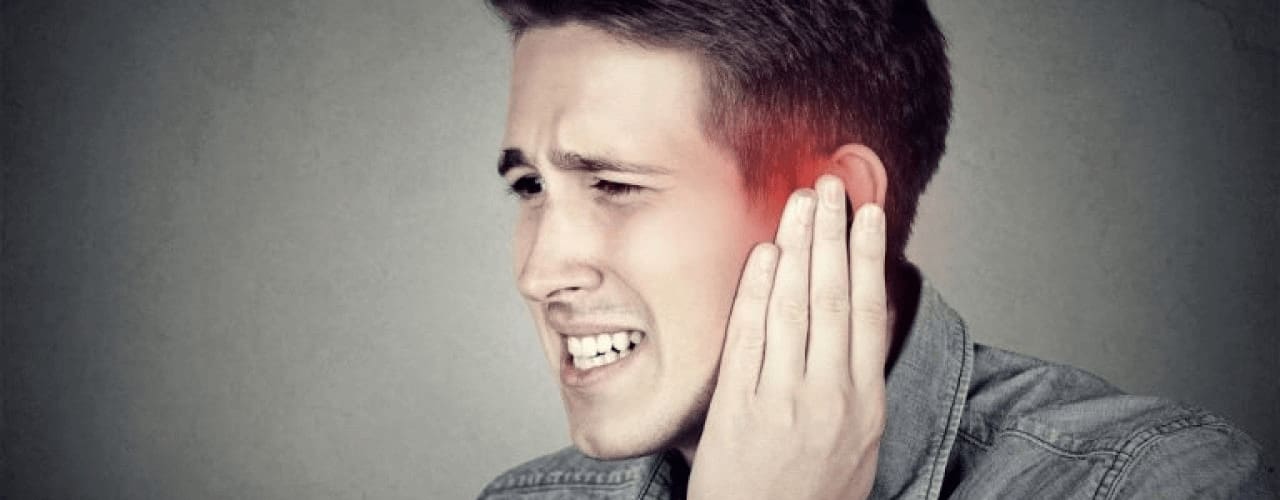What is an ear ache and when to see a doctor?
An ear ache is commonly associated with childhood illness but it can actually affect adults too. Both children and adults can experience an ear ache in one or both ears although it’s more common for the pain to appear in just one. There could be a number of different reasons why an ear ache happens and not all of them mean that you need to go and see a doctor.
How do you know it’s an ear ache?
If you’re experiencing the problem yourself then you may have a persistent pain or one that comes and goes – it could be dull or feel like stabbing. Adults may also notice fluid coming from the ear and/or experience problems with hearing. Symptoms in children can include the same pain as well as a fever, hearing problems that mean they may not respond well to sounds, sleeping issues, headache loss of appetite and constantly touching or tugging at the ear.
Ear infections
An ear infection is one of the most common causes of ear ache. There are a number of different types of infection, including:
- Outer ear. This type of infection stems from the ear canal and can be caused by activities such as swimming or putting fingers, headphones or cotton buds in the ear canal. Any damage to the ear canal can lead to infection, as can bacteria that breeds in skin in the ear canal that has been softened by water.
- Middle ear. Mostly commonly, a middle ear infection is the result of a respiratory tract infection which has caused fluid to build up behind the ear drums and allowed bacteria to breed.
- Inner ear. Labyrinthitis is a common inner ear infection that can be a consequence of viral or bacterial infections that result from a respiratory illness.
What else causes ear ache?
While an infection is the most common cause of an ear ache this can also be triggered by issues such as a sinus infection, getting a foreign body lodged in the ear, an infected tooth, pressure changes in the surrounding environment (e.g. on an airplane) and even a perforated ear drum.
When do you need to see a doctor?
You can treat an ear ache at home with painkillers and taking steps such as keeping the ear dry or sitting up right to help relieve pressure in the ear. If an ear ache is accompanied by dizziness, a serious headache, swelling around the ear or a dropping of the facial muscles on one side of the face then it may be time to seek medical treatment. A persistent fever of 104ºF (40 ºC) or higher in children is a clear sign that medical attention is necessary. Most ear aches will improve in a couple of days – if that doesn’t happen then you may need medical help.
Ear ache is a condition that should be treated cautiously and medical attention sought where necessary.

